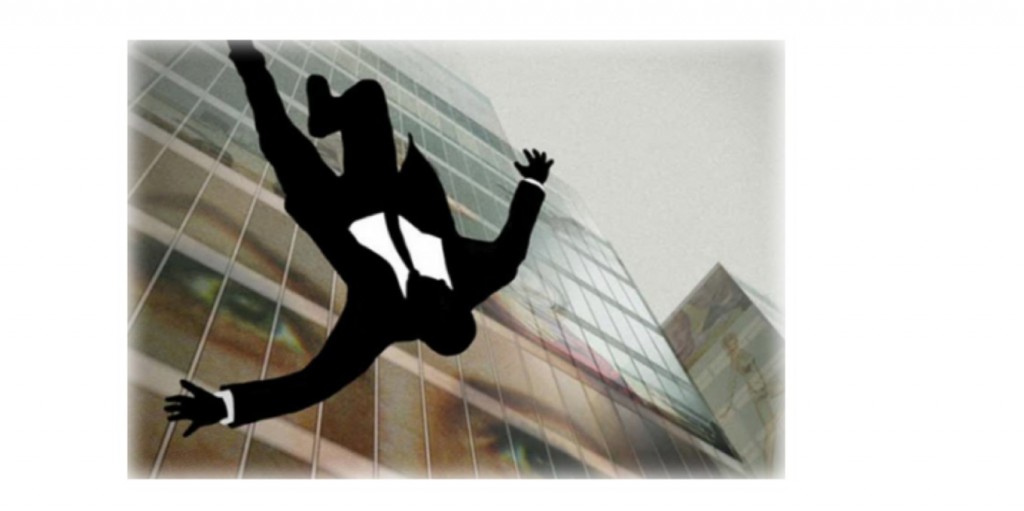 Fellow Mad Men fanatics: it’s been a long 17 months, hasn’t it?
Fellow Mad Men fanatics: it’s been a long 17 months, hasn’t it?
AMC is quenching our too-long thirst (with a few noontime martinis, no doubt) and returning us to that strange insular world of mid-1960s Madison Avenue. It’s insular, we’ve learned, because although its denizens will embrace whatever bit of the still-evolving Sixties that can be leveraged to SellSellSell (you’ll see what I mean when the clients from Heinz want to glom onto the college market by depicting shaggy students hoisting signs and chanting “We Want Beans!”)…it’s just as clear that the Mad Men themselves really want nothing to do with the winds of change washing over and around them. Against all reason, and against the tides of history, they’ll hold onto their fedoras, their gin-soaked workdays and their thoroughly one-sided sexual politics. If Don Draper has his way (and sorry, he won’t), it’s 1959 and holding.
What’s fascinating to me is the simultaneous glances Mad Men offers into so many relatively foreign cultures. The mid-century Manhattan chic is probably most commented upon, and probably the one exerting the most influence. It’s what nearly makes Mad Men a period costume-drama, where the sets and the wardrobes are characters in their own right, and nearly as compelling as the thunderously talented ensemble cast.
The cultural commentary that accompanies that is equally fascinating. However–and I’m only speculating here–it often seems to devolve into parody. I think back to season one, where Betty Draper is sent (somewhat against her will) to a psychiatrist. The shrink is non-committal when speaking to her, revealing almost nothing of his conclusions or diagnoses; yet, outside her presence, he gives frequent full reports to her husband.
I mean, come on. I know it was bad, but was it that bad?
Sexual politics, again, are central to the show and I suppose I can suspend disbelief. Furthermore, I wasn’t there (I was not to make my grand entrance until a bit later in the decade). If women really were second-class citizens to the Betty-Draper extent, then all we can do is salute them, Mad-Men style, with a well-worn advertising slogan: You’ve come a long way, baby.
The advertising: now that’s a part of the show I can dig into and compare with a reality I know a bit about. And I’m here to say, Mad Men is spot on.
I’ll disclose fully: I’m no Sterling-Cooper-Draper-Pryce executive. I’ve never stepped foot on Madison Avenue. My experience, at best, is that of a regional marketer, writing ad copy (to be fair, I’ve written a lot of it), both from home as a freelancer and from a desk inside an agency.
Still…Mad Men always rings true to me. The intellectual resoluteness, the borderline snideness that comes from bedazzling with words and images (bedazzling, it’s important to point out, both the clients and their customers)…and the push, always and forever, to sell the sizzle, not the steak.
The creative process, that’s what Mad Men so perfectly captures. It always (always!) starts with an absolute blank mind. It starts with carefully hidden panic. You assure the client – “Don’t worry, Stan. We got this. You’re gonna love it” – but you know you have nothing, not one good idea. And you wonder, each and every time, if this is the time you’re going to completely and permanently blow it.
Still, because you’ve been here before, you soldier on. You pound out reams of absolute crap that you can’t shred fast enough. You keep at it, trying out new ideas and turns-of-phrases, knowing they’re still no good but hoping against hope that one of them might lead, like that first tumbling domino, to something fresh, something slightly less horrible.
You’ve got one eye on the clock, of course, because the deadline is ticking ever closer.
And then–in the nick of time and exactly dramatic enough as if written for prime-time TV–that breakthrough comes. It always does. That perfect line, that perfect image, that perfect sizzle that sells so-so steaks – it always comes.
Is there something cynical about this? In Mad Men there most certainly is. In real life, or at least the life I’ve experienced, I don’t think so. In the world of marketing I’ve inhabited, our consumers have always been educated, or at least wary. They know they’re being sold to. They know their whole world is steeped in advertising. Have they revolted? Have they marched on the agency towers with pitchforks and torches?
No. They’ve handed over their dollars.
There’s an exchange of information going on; maybe not a simple one but one that’s nonetheless pretty straightforward. We, the Mad Men, seek the information that gives us leverage, that gives us our silky persuasion. And you, the consumer, may or may not allow yourself to be persuaded, but you listen nonetheless because you want to buy. Our interests might be somewhat in opposition but still we’ve found equilibrium. We call that equilibrium: capitalism.
On a much more personal note, this art and science of persuasion has done something else for me. Speaking as someone who’s been driven to write from the time I could hold a pencil, I’ve learned more about my craft, through hands-on copywriting, than any MFA course could ever offer. I’ve learned to engage the reader’s heart and mind with absolute brevity (to echo Strunk and White’s immortally succinct phrase: “Omit needless words.”). I’ve learned to fret much less over stodgy grammatical “rules” (Never end a sentence with a preposition. Really? This is a rule with which I won’t put up). And I’ve learned, as have we all, that the sizzle is the most interesting part of the steak.
These are the things that buzz like background noise around my head when Mad Men’s on. And furthest from taking away from the experience, they make me enjoy it all the more.
So join me. Pour yourself a scotch (neat, if you’ve got a shred of refinement in you), tune in, and share what you can of Don’s world. And know that in some small way, you’re sharing my world too.